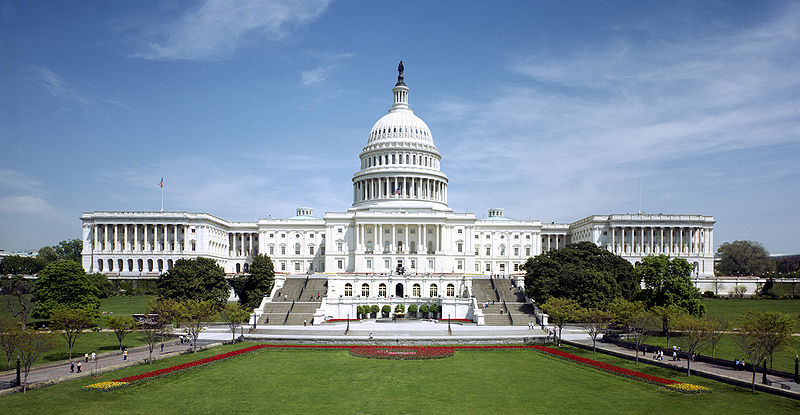Google: In P.R. the next voters are online and informed


In the field of politics it is necessary to know who the voters are, what they demand and how they decide, so candidates can get the right message at the just time to the right citizen, Google says.
A recent study by technology giant Google showed that there are about 3 million Puerto Ricans who are online and are using the internet to learn more about their candidates for the upcoming November elections.
“Undoubtedly, the way to get informed about elections is changing,” the Google study showed. “Today, access to information no longer occurs in one place or on one screen. People are connected to multiple devices throughout the day to find relevant content.”
In the field of politics it is necessary to know who the voters are, what they demand and how they decide, so candidates can get the right message at the just time to the right citizen.
For example, the mobile connection has become very important when communicating with voters. Everyday there are more smartphones and tablets available to people, so to come with specific ads to those voters, who actively use mobile web and mobile applications to interact and search content, may be the key to success for a political initiative, Google said.
“Today we don’t connect to the internet. Thanks to mobile devices we ‘live’ connected 24/7, this allows us to have the information we need at the time and place indicated. This directly affects choices, as people seek information about candidates, parties and/or proposals from various sources and times according to their needs,” said Giovanni Stella, Google manager for Central America and the Caribbean.
In Puerto Rico, the total number of people connected to the internet increased by 18 percent in recent years (2.4 million in 2012 compared to 2.81 million in 2016.) And with regard to mobile internet subscribers, statistics reveal that they increased 4 fold since 2012 (550,000 in 2012 to 2,200,000 in 2016, according to Google data.
During the last elections (October to December 2012) just 32 percent of searches related to elections were held from a mobile device, meanwhile in the first months of 2016 more than 60 percent are being carried out from these devices and this trend is expected to continue during the election period of 2016.
With regards to smartphone users, statistics reveal that penetration increased from 61.1 percent in 2014 to 77.3 percent in 2015. Now, 94.7 percent of internet users are connected through a smartphone, the company said, citing the 2015 Digital & Mobile Behavioral Study commissioned by the Puerto Rico Sales and Marketing Executives Association earlier this year.
“Because of this, access to political information no longer exists in one place or on one screen. In just four years, the proliferation of phones and tablets radically changed the time, place and the way voters access news, information and adds from their candidates and their campaigns,” Google said.
According to Google internal data, globally, the volume of elections related searches increased 12 times during the last campaign period. The experience in the 2012 elections in Puerto Rico was revealing: the interest begins to increase in the first months of the election year, growing since March (3 times more searches than in December 2011) and shooting in the following months, with a peak maximum in November (26 times more searches than in December 2011.)
“In 2016, we’re already beginning to notice an increase in public interest in the election: Only between December 2015 and February 2016 230 percent more queries were made related with elections than in the same period a year ago,” the company noted.
As for the candidates, Google suggested that they generate an effective digital campaign ahead of elections, offering the following recommendations:
- Define a strategy that identifies what the citizens say, to leverage keywords in the conversation. Google Trends can be helpful for this;
- Create an identity on the internet, this is one of the keys to encourage discussions: here it’s important to define a profile and personality;
- Position yourself in the mind of the voter. Place your ads on relevant sites for the campaign;
- Share your ideology. Be present when users search for the candidate in Google and be “ready” to receive such visits from any device;
- Prepare for replication. YouTube, the second largest search engine in the world after Google, can be ideal to amplify platform messages and proposals of the candidates and reach citizens in the moments before an election, as it has more than one billion users per month, 400 hours of video uploaded per minute and six billion hours of video views per month (YouTube internal data, 2015). In this sense, voters can watch YouTube videos until the moment in which they cast their vote; and,
- Connecting with people through videoconferences live provides proximity, scope and scale.













